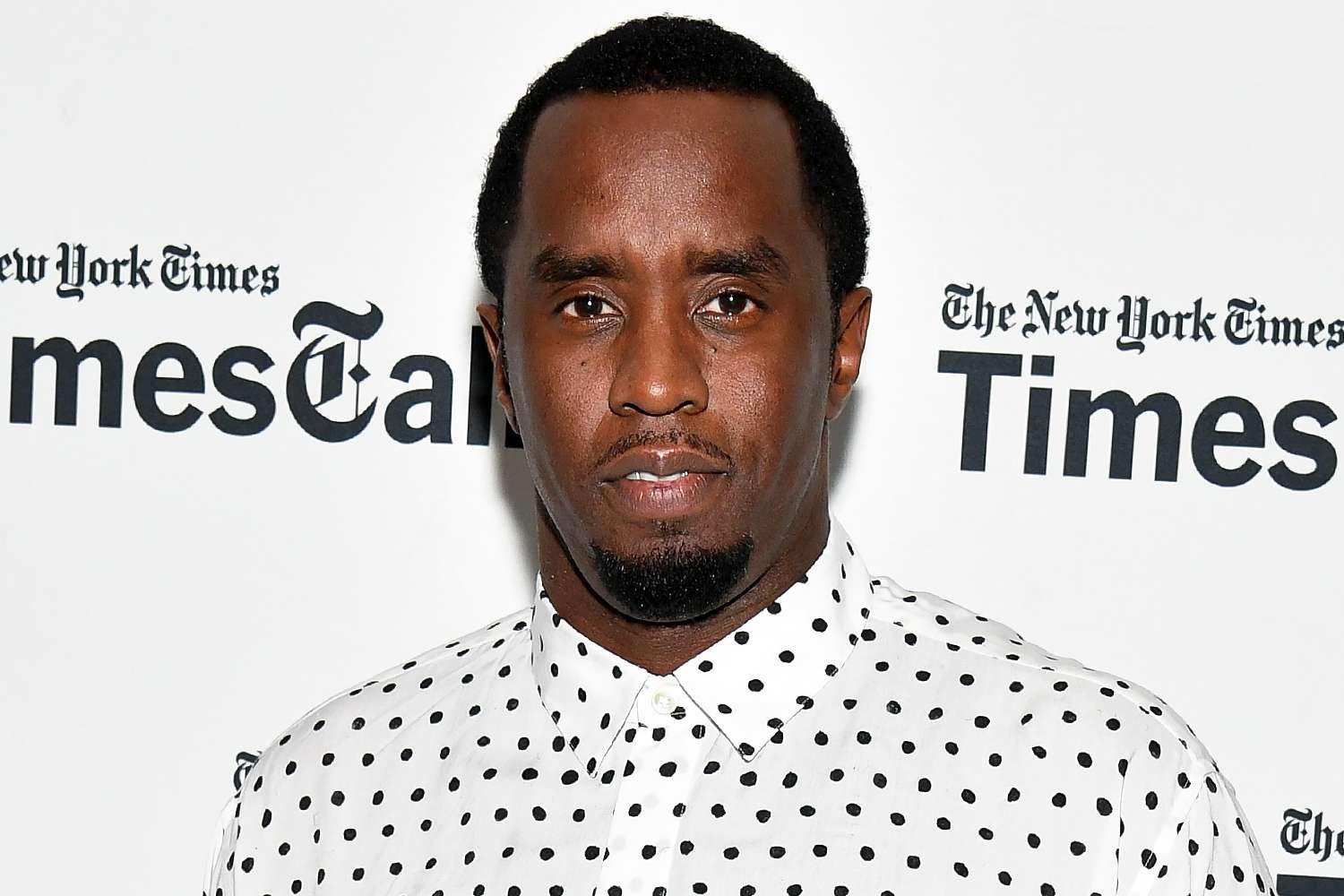Sean “Diddy” Combs, the influential music mogul and cultural icon behind Bad Boy Records, was partially acquitted in a high-stakes federal trial that has captivated global attention.
After nearly two months of testimony in a New York City courtroom, a jury found him not guilty of racketeering and sex trafficking, two of the most severe charges leveled against him.
However, Combs was convicted under the Mann Act, a U.S. law that criminalizes the transportation of individuals across state lines for the purpose of prostitution or immoral acts. The two counts of conviction—related to women who testified under the names “Jane” and Cassie Ventura—carry a potential sentence of up to 20 years in prison.
During the emotionally charged trial, federal prosecutors accused Combs of orchestrating drug-fueled parties, called “freak offs,” where women were allegedly coerced into sex, often under the influence of controlled substances. Evidence included surveillance footage, text messages, and hours of graphic witness testimony.
Combs denied involvement in any non-consensual sexual activity, though he admitted to past acts of domestic violence. In court, he appeared solemn during the verdict reading, later whispering to his family, “I’m coming home,” despite being denied bail due to concerns about his “propensity for violence,” according to Judge Arun Subramanian.
Also Read; Iran Demands Safety Before U.S. Talks Resume
While the acquittals relieved his legal team, legal experts suggest the convictions under federal law could still result in a substantial prison term. His sentencing is set for October 3, 2025.
The case has sent shockwaves across the entertainment industry. Combs’s lucrative business empire, including his ties to Cîroc vodka and fashion lines like Sean John, has already suffered. Streaming platforms, including Spotify and Apple Music, quietly pulled his music from editorial playlists.
Beyond criminal court, Combs faces at least six civil lawsuits under the New York Adult Survivors Act, a temporary law that allows past sexual abuse victims to sue regardless of when the incidents occurred. The lawsuits describe allegations of sexual assault, rape, coercion, and abuse spanning more than two decades.
Meanwhile, Netflix has reportedly greenlit a docuseries on Combs, spearheaded by rival artist 50 Cent, expected to explore both the criminal trial and broader cultural implications of the case.
Critics and commentators alike are calling the verdict a “cultural turning point,” where power, celebrity, and accountability collided under the spotlight of the modern #MeToo movement. Whether Combs will ever return to his former stature remains uncertain—but the message from the courtroom is clear: even icons are not immune to justice.







